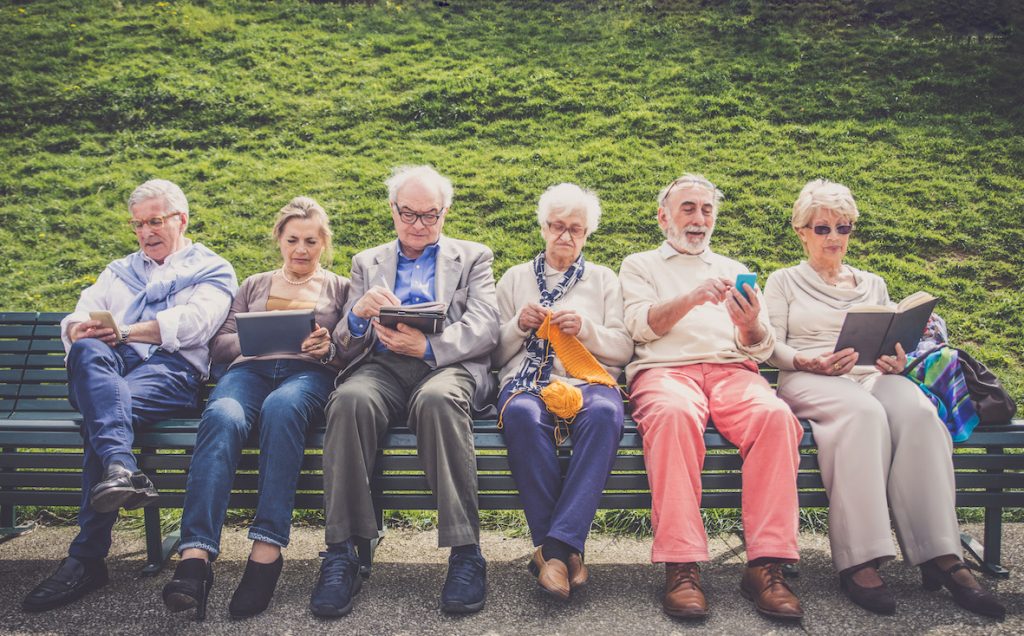

A third age has been given to us in the last 100 years due to the strong increase in life expectancy! The World Health Organisation has therefore declared the years 2021 to 2030 as the Decade of Healthy Ageing and has set the goal of questioning images of age and reducing age discrimination.
The elderly of today are not the same as those of 20 years ago. However, outdated images of age are still in the heads of many politicians, doctors, HR managers, journalists… Usually to the disadvantage of older people.
Ageism plays a role when looking for a job, at banks, insurances, in social engagement, at work, in care…Everywhere people experience that their age plays a role and can bring disadvantages. Young people are also affected, but less often than older people. However, the consequences of ageism have not yet been recognised by society in Europe!
Images of age influence everyone, including older people themselves. Negative ones can paralyse and slow us down and are partly formed at a young age. Those who grow older with a negative image are twice as likely to have a heart attack. Positive images, on the other hand, inspire. And this goes so far that people with a positive age image live 13 years longer than people with a negative image*1).
It is paradoxical that there is discussion about setting the retirement age higher and higher when, at the same time, people over 60 are considered to be less capable. This deficit-oriented thinking is the wrong way to go; we have to see the potential that older people have.
A number says nothing about people! Someone is not automatically old just because he or she turns 60, 65 or 70. We need to recognise the individuality of people in old and very old age instead of addressing them primarily as members of a group. We need to become more sensitive to unjustified negative or positive treatment of people based on their age, rather than trivialising ageism.
Please change: Especially those who work against racism, homophobia or sexism are convinced that old people block the development opportunities of the young*2).
If we were to talk about other social groups, such as women, people with disabilities or migrants, the way we talk about older people, there would be a loud outcry, says the geriatric psychologist Prof. Jana Nikitin from the University of Vienna.
A UN Convention on the Rights of the Elderly would be the best way to give older people a legal instrument to take action against age discrimination. It would be legally binding, like the Convention on the Rights of Persons with Disabilities, which has achieved a lot. So far, all relevant European decisions on age discrimination refer to Article 23 of the Revised European Social Charter (RESC) of 1996 as well as to the Social Charter (ESC) and various additional protocols. But these are no longer enough!
The most important thing: let’s talk about ageism!
Therefore, we also want to offer a webinar with leading ageism experts during the weekof Global Ageism Awareness Day on 7 October 2023.
More information: https://www.greenseniors.eu/
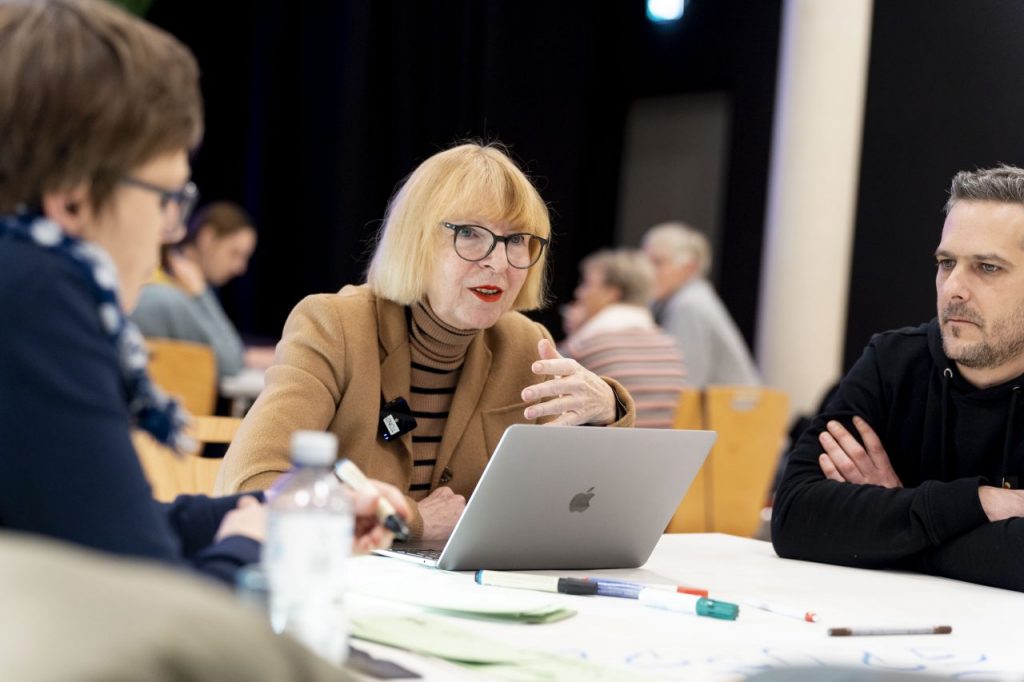
_______________________________________________________________________________________________
*)1German study from 2022, Journal of Personality and Social Psychology, Prof. Susanne Wurm,Dr. Sarah Schäfer.
*2) US study from 2021, Journal of Personality and Social Psychology, Ashley E.Martin, Michael S.North
Photos: shutterstock_792589456, Henning Angerer

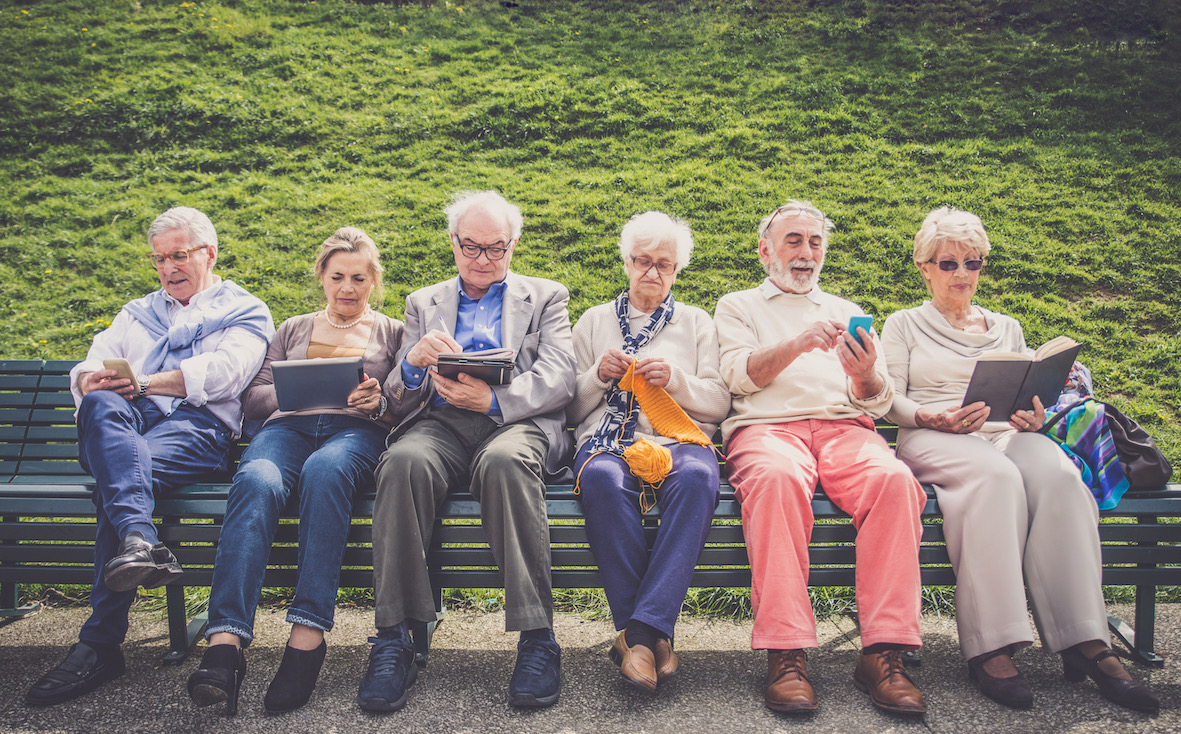

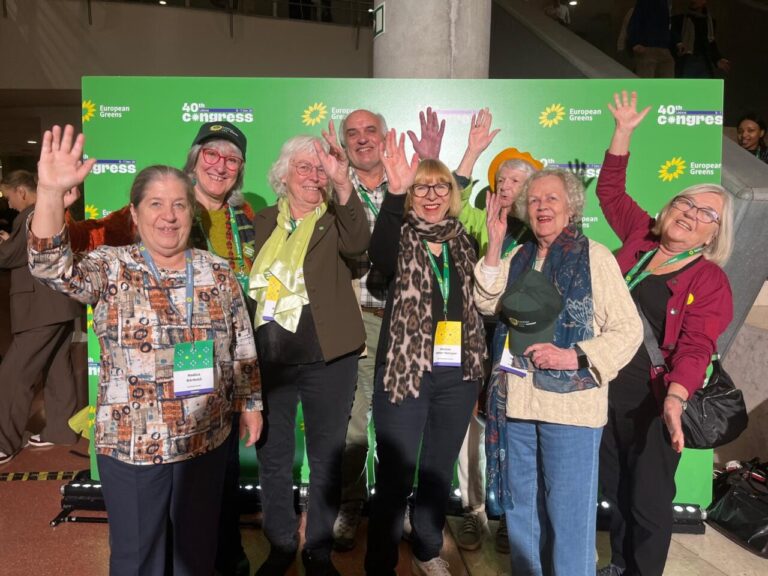
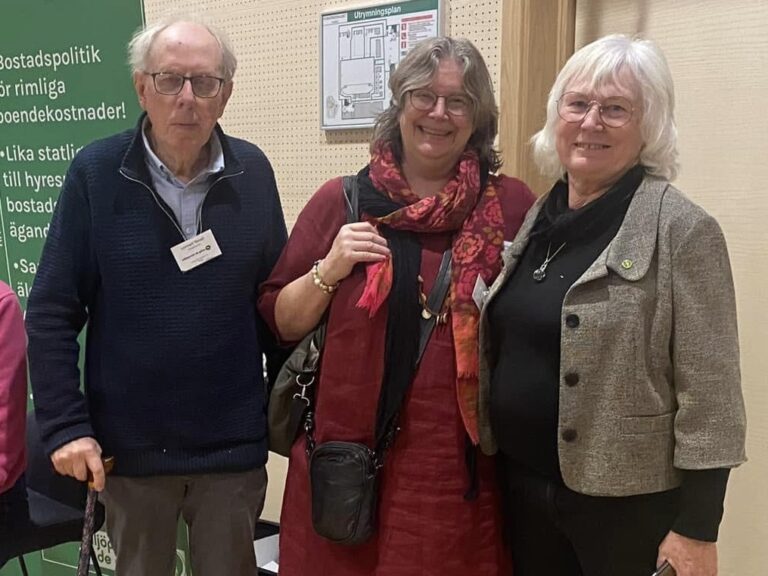
comment article